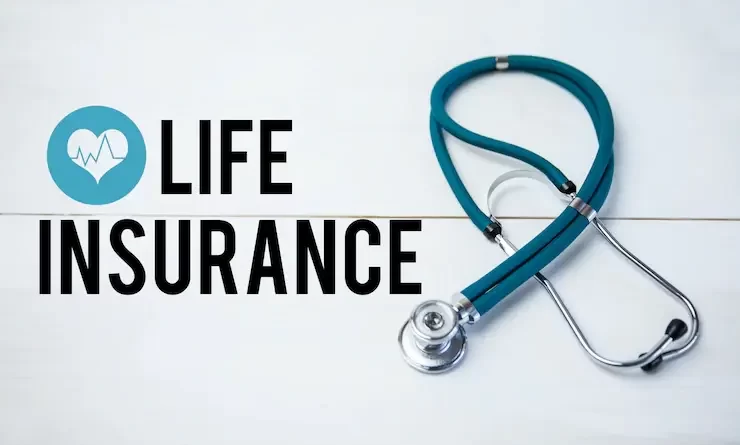Most Common Bad Faith Insurance Practices
Bad faith insurance practices significantly impact policyholders, leading to financial, emotional, and legal distress. Insurers are expected to act in good faith, but various unethical practices prevail within the industry in order to protect their bottom line.
Defining Bad Faith Insurance
Understanding what constitutes bad faith practices in insurance is crucial. It involves insurers acting against the best interests of policyholders, breaching their duty to handle claims fairly and honestly. This malpractice undermines the fundamental purpose of insurance, which is to protect individuals in times of need, and provide the services they are paid to provide.
Common Types of Bad Faith Insurance Practices
Denial of Valid Claims without Investigation
Insurers sometimes deny legitimate claims without conducting proper investigations or providing valid justifications. By doing so, they aim to reduce their payouts, putting the financial burden on policyholders and causing undue stress and hardship for undeserving victims.
Delaying Claim Processing
Another tactic employed by some insurers is delaying the processing of claims unreasonably. They might intentionally prolong investigations, paperwork, or communications, intentionally causing frustration and financial strain on the claimants in hopes that they will stop pursuing compensation.
Offering Significantly Lower Settlements
In instances where insurers do engage in settlement negotiations, they might offer amounts significantly below what’s reasonable and fair based on the policy terms. This practice aims to pressure policyholders into accepting less than they’re entitled to under their insurance coverage. It’s imperative that policyholders do not accept an undervalued settlement as it will prevent the retrieval of full and fair compensation according to the personal injury attorneys at Koch & Brim.
Misrepresenting Policy Details
Misrepresenting or withholding policy details is another deceptive tactic. Insurers might provide incomplete or misleading information about policy coverage or fail to disclose essential terms, leading to denied claims or inadequate coverage.
Impact on Policyholders
The consequences of these practices are severe and multifaceted. These accident victims must not only face physical recovery after an accident, but bear the burden of the financial strain and emotional stress as well. Denied or delayed claims can result in missed mortgage payments, medical bills left unpaid, or inability to recover from a disaster.
Legal Ramifications for Insurers
Various laws and regulations are in place to deter and penalize bad faith insurance practices. Insurers engaging in such practices can face significant legal repercussions, including fines, penalties, and even license revocation in extreme cases. Each state has their own reporting agency. For example, Nevada’s can be found online at the Nevada Division of Insurance website.
Steps for Policyholders to Identify Bad Faith
Recognizing signs of bad faith is pivotal. Policyholders should be vigilant for indicators such as consistent claim denials without valid reasons, unreasonably delayed processing, or misleading communications from insurers. Seeking legal advice when encountering suspicious behavior from insurers is advisable to protect one’s rights.
Methods to Combat Bad Faith Insurance Practices
Policyholders have recourse when facing bad faith practices. Reporting such behavior to regulatory bodies and seeking legal action can hold insurers accountable and prevent further harm. Consumer advocacy groups also play a vital role in raising awareness and supporting affected individuals.
The Importance of Consumer Education
Educating consumers about their rights and understanding insurance policies can empower individuals to navigate these situations more effectively. Resources, workshops, and online materials can provide valuable information on how insurance works, what to expect, and how to address unfair practices.
The Future of Mitigating Bad Faith Insurance
The landscape of insurance is evolving. With advancements in regulations and technology, there’s an increasing focus on improving transparency and accountability within the industry. Implementing stricter regulations and leveraging technology to streamline claims processing aim to reduce instances of bad faith practices.
Protect Your Rights
Bad faith insurance practices pose a significant threat to policyholders’ financial stability, emotional well-being, and legal rights. Understanding these practices, being aware of one’s rights, and taking proactive steps to combat them are essential for individuals navigating the complex world of insurance.

